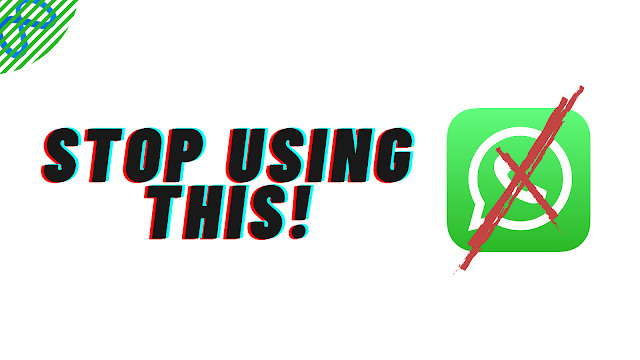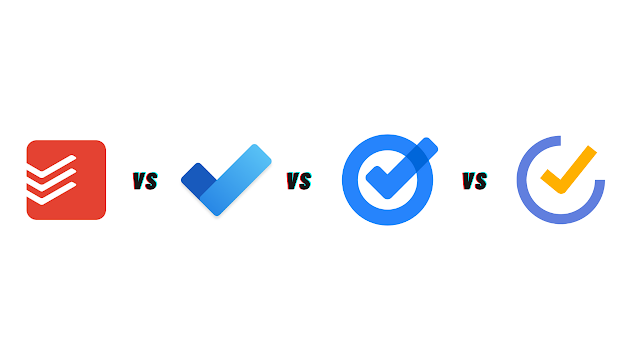Stop Using Whatsapp!
It’s high time you stopped using WhatsApp.
I know it’s been quite sometime now regarding the ‘WhatsApp Data Policy’ protest and stuff, but even after a lot of anger about it, people still use it. Right now, there are three big players in the market of ‘texting’ namely, WhatsApp, Signal, and Telegram. Currently, WhatsApp holds the monopoly of 3 Billion+ users worldwide.
Yes, they did say you can skip the ‘data policy’ but at first, they said they would ‘deactivate’ the WhatsApp accounts that wouldn’t accept the new policy. After facing some serious aggression from tech geeks who said this policy was shady, they dropped the ‘deactivation’ plan. But the damage was already done. People had already accepted the ‘data policy’ (including me, I hadn’t even read what this pop-up was. If you aren’t me and have NOT accepted it, good for you!).
Before we look into it, let’s see what kind of data does WhatsApp collect:
- Phone Model, OS, Battery Status, Signal Strength, Time Zone, and IP Address.
- WhatsApp Details: WhatsApp Usage, Payment and Transactions, Status Updates, Group Details (Group Description, Group Photo), Profile Pictures, and About info.
So what are these fishy points in WhatsApp’s Data Policy?
1. It will be sharing almost ALL the data with Facebook and other Meta products like Instagram to give you personalized ads.
If you’re sharing a link about a new phone or a laptop you wanna buy, or a Google Maps link to a place you want to visit, don’t be surprised when you see ads based on THAT device or the place you shared. So basically, Facebook and other Meta products now have complete access to your WhatsApp data which is alarming, given Facebook’s track record in handling personal data. And also, the option to NOT share your data is gone from WhatsApp settings.
2. Personal Data will also be shared with Business Accounts on WhatsApp.
Say you’re interacting with a business account of a big company on WhatsApp, let’s say Samsung Support, all of your data will be available to all the people in the business, and also, if the business account uses a third-party service, then the data will be available to that third-party service too. That doesn’t sound so personal, does it?
3. Banner Ads in WhatsApp.
Take a look at this previous WhatsApp policy archive.
 |
| The image might’ve been compressed even more at the time of publishing this post. It says: We still do not allow third-party banner ads on WhatsApp. |
Take a look at it now:
So, don’t be surprised if you start seeing banner ads on WhatsApp just like they did with Facebook Messenger. They do say that they have ‘no intention’ of doing so, but the ‘if we ever do’ scares me after all that’s one of the ways Meta earns money.
So yeah, WhatsApp isn’t the ‘secure and personal’ app it used to be before it was acquired by Meta. But which are the best alternatives? Well, there’s one.
Enter Signal.
Signal has to be the best alternative to WhatsApp in several different ways.
1. It uses the same End-to-End encryption as WhatsApp.
Look, WhatsApp still can’t read your texts because of E2E encryption. But it can still read whatever links you send in the chats as mentioned earlier. But Signal doesn’t do that. Since Signal doesn’t have any ad services to offer, it doesn’t monitor the links you send and there’s ZERO chance of your data going outside of your chat. WhatsApp sends the link data to Meta to show you ads but Signal doesn’t. So, you have the benefit of E2E encryption and also, added privacy on the external data you send in.
2. It is way more privacy-focused than WhatsApp.
There are many underlying privacy features available in Signal compared to WhatsApp. Some of them are:
- Screen Security: Blocks screenshots in the recent apps list and inside the app.
- Incognito Keyboard: Usually, keyboards store some words and stuff for a better typing experience and send them to their parent company to know its users. Turning this option on will not let the keyboard store anything from the chat.
- Relay Calls: Sends all calls through the Signal server which hides your IP address.
3. It’s OPEN-SOURCE.
It means that the source code of the app is open to the public for free and anyone can take a look at how the app functions and what are the new features being added to it.
4. Other features:
- Notification Profiles: Similar to Focus modes in iOS 15, Signal has notification profiles that allow users to silent calls or texts/notifications in specific time slots with some default ones already created.
- Connect multiple devices (including phones): Unlike WhatsApp, Signal allows you to connect multiple devices for the same account/phone number.
- There’s no web version: While this might sound like a drawback, this actually avoids your data traveling through the web as there is no particular platform to receive it and it’s accessed by a browser. But thankfully, they do have a desktop app.
There you have it! It’s high time you switch to Signal from WhatsApp before it’s too late and Meta gets access to everything about it (it already might’ve). So long until the next post. Take care and stay safe! Adios!
(All the images used here belong to their respective owners except the banner at the beginning which I created myself).



Great!
ReplyDelete